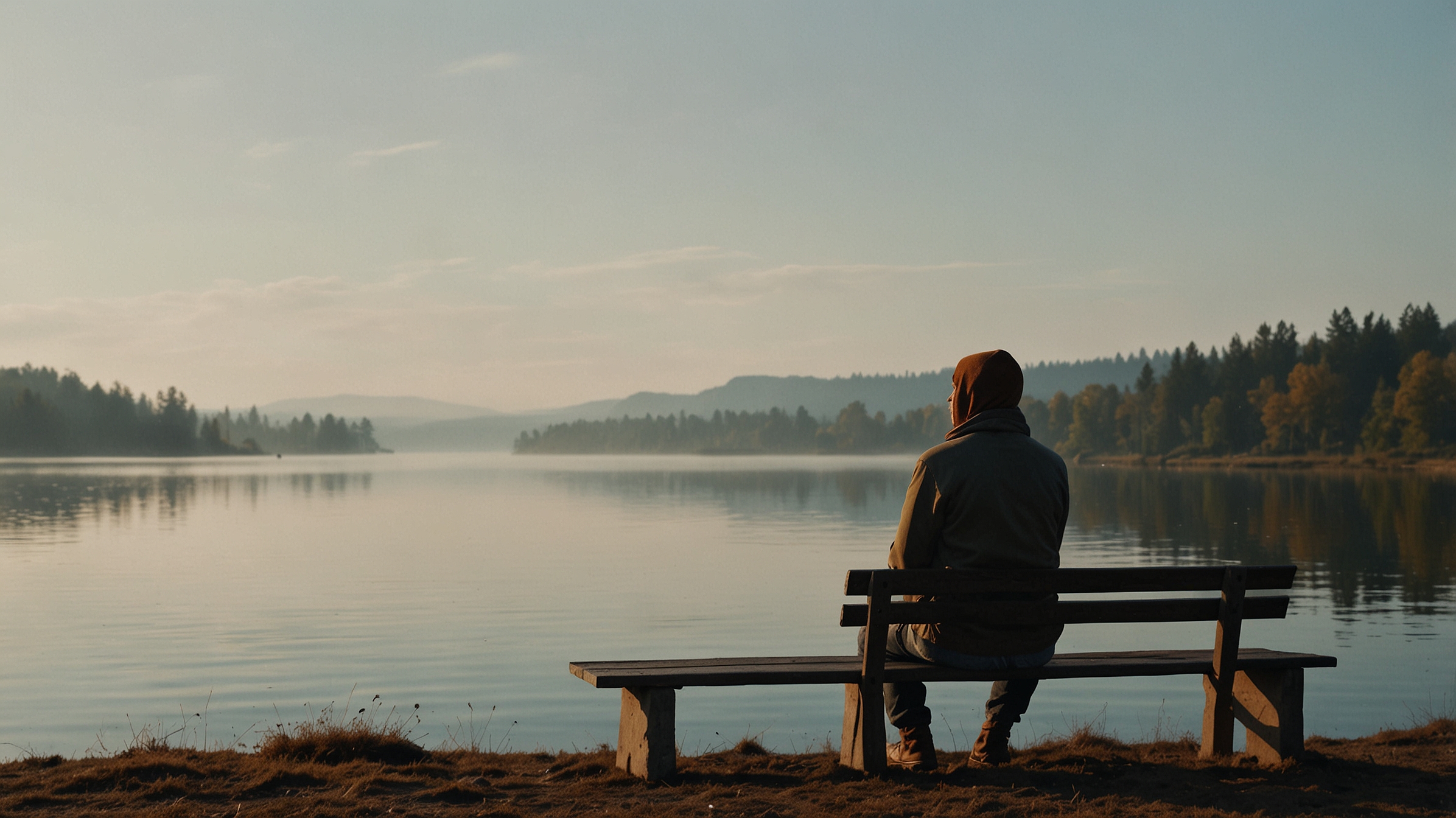In today’s hyperconnected world, being alone can sometimes feel unsettling — even scary. We’re surrounded by social media updates, instant messages, and endless virtual gatherings, making solitude seem like an unnatural or even undesirable state. Yet, learning to be alone without feeling lonely is one of the most powerful gifts you can give yourself.
Solitude doesn’t have to mean loneliness. In fact, when embraced with the right mindset, being alone can lead to greater self-awareness, creativity, emotional independence, and inner peace. Here’s how you can transform your time alone into a meaningful and empowering experience.
1. Redefine What It Means to Be Alone
First, it’s important to change the way you think about solitude. Being alone doesn’t mean you are unloved or unsuccessful. It simply means you have the opportunity to enjoy your own company.
Loneliness stems from feeling disconnected — not from others, but from yourself. When you build a strong relationship with yourself, time alone feels nurturing rather than empty. Start viewing solitude as a valuable time for self-discovery, rather than a gap waiting to be filled.
2. Get Comfortable with Discomfort
If you’re new to spending time alone, it might feel uncomfortable at first. That’s normal. We often distract ourselves from discomfort with noise — TV, scrolling on our phones, chatting with others.
Instead, sit with the feeling. Let yourself experience the quiet without rushing to fill it. You’ll be surprised how, with a little patience, discomfort often gives way to calm, clarity, and even joy.
3. Build a Solo Routine You Love
One way to make solitude enjoyable is to fill your alone time with activities that genuinely nourish you. Create a list of things you enjoy doing solo, such as:
- Reading a novel
- Practicing yoga or meditation
- Cooking a special meal just for yourself
- Painting, writing, or learning a new skill
- Taking a long walk in nature
When you intentionally choose activities that bring you joy, being alone transforms from “time to kill” into “time well spent.”
4. Deepen Your Self-Connection
Being alone offers a rare chance to tune into your inner world without distraction. Use this time to explore:
- Journaling about your thoughts and feelings
- Reflecting on your goals and values
- Exploring your creativity without judgment
- Practicing mindfulness and observing your mind without trying to change it
When you get to know yourself better, you naturally feel more fulfilled — no constant external validation needed.
5. Maintain Meaningful Connections
Spending time alone doesn’t mean isolating yourself completely. It’s about balancing solitude with connection. Maintain a circle of meaningful relationships, even if you don’t interact daily. Quality matters more than quantity.
Schedule regular calls with friends or family, attend community events when you want to socialize, and remind yourself that connection is always available when you need it.
6. Practice Self-Compassion
If loneliness does creep in, don’t be hard on yourself. Everyone feels lonely sometimes — even those surrounded by people. Instead of shaming yourself for feeling this way, treat yourself with kindness.
Acknowledge your feelings, validate them, and gently guide yourself toward something that supports you — whether it’s reaching out to a loved one, journaling, or simply resting with a comforting book.
7. Set Personal Challenges
To build confidence in your ability to enjoy your own company, set small personal challenges that encourage independence. Try:
- Going out to eat alone at a restaurant
- Attending a movie, concert, or museum solo
- Taking a weekend trip by yourself
These experiences can be empowering and show you firsthand that you are capable of creating joy and adventure all on your own.
8. Focus on Growth
Finally, view alone time as a period of growth. Great thinkers, writers, and innovators often attribute their best ideas to moments of solitude. Whether it’s brainstorming a new project, solving a problem, or simply allowing your mind to wander creatively, being alone creates fertile ground for growth.
Final Thoughts
Learning to be alone without feeling lonely is a journey of self-discovery and emotional strength. It’s about becoming your own best friend — someone you can rely on, nurture, and enjoy spending time with.
When you stop fearing solitude and start embracing it, you’ll unlock new levels of peace, creativity, and confidence that ripple into every other area of your life.
Because in the end, the longest and most important relationship you’ll ever have is the one with yourself.





